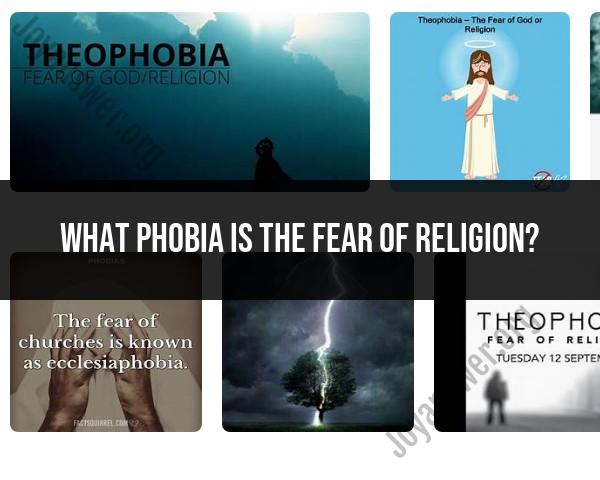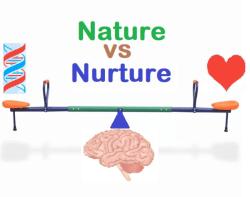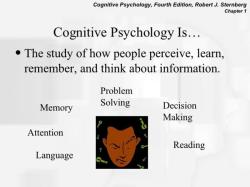What phobia is the fear of religion?
The fear of religion or religious beliefs is often referred to as "Theophobia" or "Religiophobia." However, it's important to note that while these terms may be used colloquially, they are not recognized as official phobia names in psychological or psychiatric diagnostic manuals such as the DSM-5 (Diagnostic and Statistical Manual of Mental Disorders).
Phobias are typically classified based on specific objects, situations, or activities that trigger intense fear or anxiety. For example:
Theophobia: This term is derived from the Greek words "theos" (meaning "god") and "phobia" (meaning "fear"). It is sometimes used informally to describe a fear of gods, deities, or religious concepts.
Religiophobia: Similar to Theophobia, this term combines "religion" with "phobia" to describe a fear or aversion to religious beliefs, practices, or institutions.
However, it's essential to recognize that experiencing discomfort or anxiety related to religion or religious beliefs does not necessarily indicate a phobia. It's normal for individuals to have differing beliefs and attitudes towards religion, and feelings of fear or discomfort may stem from a variety of factors such as personal experiences, cultural influences, or philosophical differences.
If someone experiences significant distress or impairment due to fear or anxiety related to religion, they may benefit from seeking support from a mental health professional. Therapy, counseling, or other forms of psychological intervention can help individuals explore and address underlying issues, develop coping strategies, and improve their overall well-being.
Fear of Religion: Understanding Theophobia
1. Specific Phobia:
While there's no single officially recognized phobia solely dedicated to the fear of religion, the closest term is theophobia. However, it's important to understand the nuances:
- Theophobia more accurately describes a fear of God or gods, encompassing fear of deities, religious figures, or divine punishment.
- A general fear of religious concepts, practices, or institutions might fall under phobias like hierophobia (fear of sacred things), mysophobia (fear of contamination), or specific phobias related to rituals or symbols.
2. Impact:
The impact of theophobia varies depending on the specific fear and its intensity:
- Anxiety and avoidance: Individuals might experience anxiety in religious settings, avoid religious symbols or discussions, or engage in compulsive behaviors to manage their fear.
- Social and emotional limitations: The phobia might restrict social interactions, limit participation in cultural or family events, and cause emotional distress.
- Impact on mental health: In severe cases, theophobia can lead to depression, isolation, or other mental health challenges.
3. Treatments:
Several treatment options can help individuals manage theophobia:
- Exposure therapy: Gradually exposing the individual to the feared stimuli in a safe and controlled environment.
- Cognitive-behavioral therapy (CBT): Identifying and challenging negative thoughts and beliefs associated with religion.
- Relaxation techniques: Practicing mindfulness, deep breathing, or other techniques to manage anxiety.
- Medication: In some cases, anti-anxiety medications can be helpful for managing symptoms.
- Spiritual counseling: Working with a religious leader or therapist who can provide support and understanding within a religious context.
Important Note:
It's crucial to remember that theophobia is a complex individual experience. Seeking professional help from a qualified therapist or counselor is highly recommended for proper diagnosis and personalized treatment. They can help you understand the specific nature of your fear, develop coping mechanisms, and explore healthy ways to navigate your relationship with religion or spirituality.













